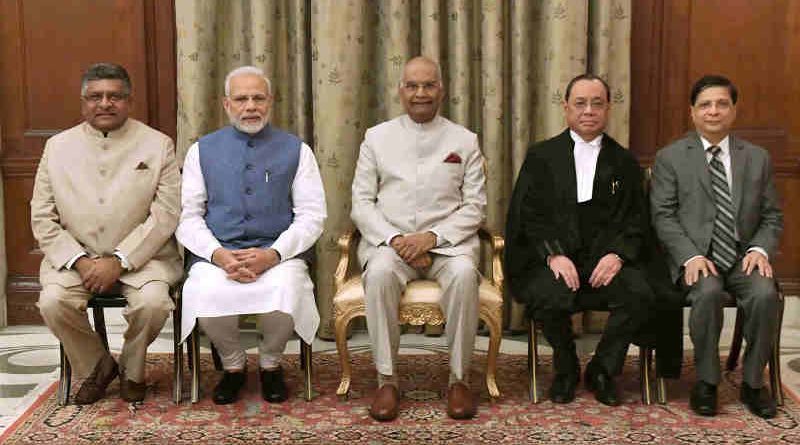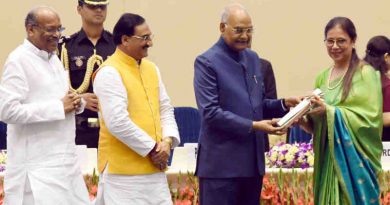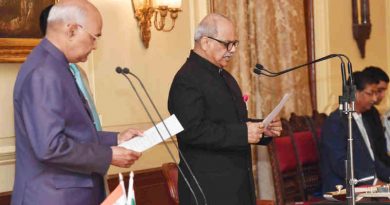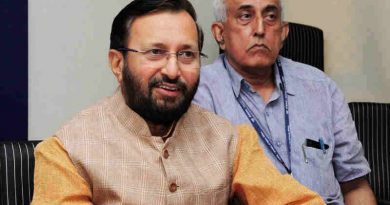You Need Not Call Indian Judges as My Lord or Your Lordship
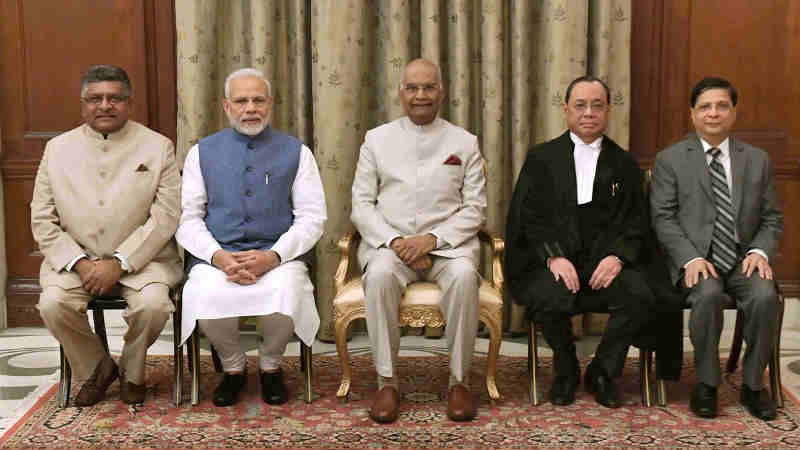
In order to stop the colonial-era practice of addressing judges in India as My Lord or Your Lordship, the Rajasthan High Court on Monday (July 15) asked all lawyers appearing before it to desist from using these traditional titles.
In India, judges of the Supreme Court and the High Courts are addressed as My Lord, Your Lordship, My Lady, or Your Ladyship. This tradition was followed when India was ruled by the Britishers before its independence in 1947.
The Bar Council of India had adopted a resolution in April 2006 and added a new Rule 49(1)(j) in the Advocates Act which directed lawyers to address the court as Your Honour and refer to it as Honourable Court, although these terms also smack of slavery.
[ Research Paper: 20 Bitter Truths in the Indian Legal System ]
Earlier in October 2009, one of the judges of Madras High Court, Justice K. Chandru had banned lawyers from addressing his court as My Lord and Your Lordship. However, since most Indians still prefer to live like slaves, lawyers and litigants could not drop the celestial titles given to judges and courts.
Referring to the mandate of equality enshrined in the Constitution of India, the Rajasthan High Court decided in its meeting held on July 14 that advocates and others who appear before the court need not use the terms My Lord and Your Lordship.
In 2014, a bench of Supreme Court Justices H. L. Dattu and S. A. Bobde had asserted that it was the choice of the lawyers how to address in a respectful manner and it is okay if a judge is simply called ‘Sir’.
Similarly, there is no need to address the lawmakers, ministers, prime minister (PM), president, and other government officials with the title ‘Honorable’ mainly because most of them are uneducated, incompetent, criminals, or corrupt.


